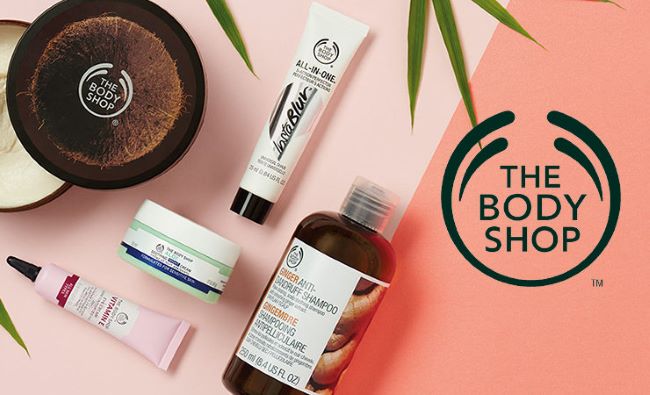
Broken Body Shop… In Need of Repair
In 1976 Anita Roddick opened The Body Shop skin care store in Brighton England. She was a pioneer in the cosmetics industry tapping into a customer segment that was concerned for the environment, animal welfare and a desire to use "natural" cosmetic products that were ethically sourced. An activist at heart, Ms. Roddick believed a business could be a force for good.
In today's world where ESG (Environment, Social and corporate Governance) topics dominate the business agenda, this all sounds like standard fare but forty years ago Ms. Roddick's philosophy was revolutionary. It was the heydays of Wall Street greed and Ms. Roddick's belief that profits and principles could work in harmony started a massive change in the cosmetics industry (and business in general). All Body Shop products were non animal tested and her firm worked with suppliers and farmers to create the first fair trade programs which we see proliferating today.
In 1986 The Body Shop teamed up with Greenpeace in an effort to stop the harvesting of whales, the oil of which was used in cosmetic products. It was this revolutionary spirit that translated to the brand that helped propel The Body Shop to such success around the world. In the 1980's and early 90's, green coloured Body Shop stores sprouted up on High Streets around the world expanding to over 3000 retail outlets in over 60 countries employing over 22,000 cosmetic specialists.
However, by the late 1990's competitors like Lush and even the larger cosmetic firms had jumped on the band wagon and taken up the reins. With few new ideas to keep it current The Body Shop was sold in 2006, joining the L’Oréal portfolio along with LaPrairie, MAC, Kiehl’s, Lancôme etc. Without the transformative spirit and passion of Anita Roddick the once influential and inspirational company became rudderless, failing to connect with the next generation. In 2017, L’Oreal sold off The Body Shop brand to a Brazilian company which passed it on again, this time to a private equity group in 2023 who are now in the process of restructuring the business. As I walked past a shuttered Body Shop store in the Toronto airport last month, I wondered what lessons could we learn …
1. A Unique Value Proposition must be nurtured and grown. Allowing a Unique Value Proposition to go past its "best by date" means losing touch with the next generation of consumers.
2. Stick to what works: The Body Shop was built on activism. Non animal testing and teaming up with Greenpeace to stop the whale hunts in the 1980's was brilliant. Today, the Body Shop could have been leading the charge on climate change or any number of current crises.
3. Pioneers often fail as managers: Ms. Roddick's revolutionary spirit helped propel The Body Shop to worldwide fame but the day-to-day mundaneness of running a business can sap a entrepreneur's energy – the very ingredient needed for renewal.
In February 2024, The Body Shop fell into "Administration Failure" when HSBC removed it's credit line. The Body Shop is hunting for a new owner while trying to manage store shutdowns. What are you doing to nurture and build your Unique Value Proposition, so this doesn't happen to you?

 沪公网安备 31011502013770号
沪公网安备 31011502013770号